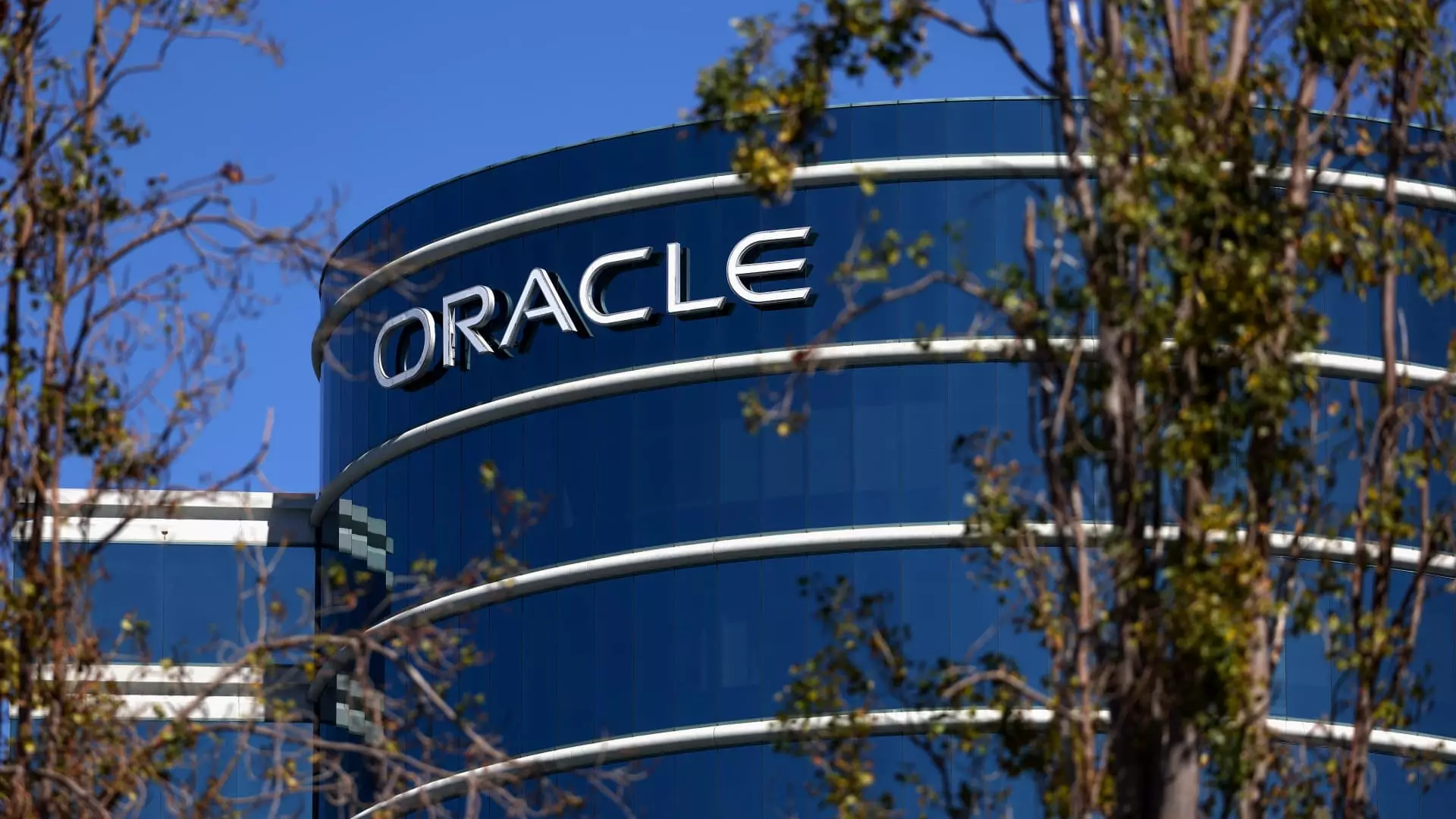In a striking announcement that has garnered the attention of technology and energy sectors alike, Larry Ellison, co-founder and chairman of Oracle, revealed an unconventional approach to meet the electricity demands posed by artificial intelligence (AI). During a recent earnings call, Ellison highlighted that the surge in AI-driven applications is straining existing power resources to the extent that traditional energy solutions may no longer suffice. This unprecedented demand pushes Oracle to consider deploying next-generation nuclear technology, illustrating the radical measures companies are willing to explore as digital consumption escalates.
Ellison described Oracle’s willingness to design a data center that would utilize over a gigawatt of electricity, hinting at a groundbreaking solution involving small modular nuclear reactors. These reactors, which promise to be less than a third the size of conventional nuclear reactors, offer a vision for a sustainable energy future. Notably, they can be prefabricated and assembled on-site, which optimizes construction costs and addresses some of the logistical challenges associated with traditional reactors. By embracing this cutting-edge technology, Oracle seems poised to redefine its energy requirements amidst an intensifying digital landscape.
However, while the concept of small modular reactors is promising, there are significant hurdles to overcome before they can become a reality in the United States. The timeframe for commercializing these reactors is still uncertain, with industry experts estimating that it may not occur until the 2030s. Furthermore, regulatory and safety concerns are paramount, as public apprehension around nuclear energy remains prevalent. Ellison’s announcement, branded as “bizarre” by both him and analysts, is a reflection of the stark reality: innovation in energy production must match the pace of technological growth.
Current operational models of small modular reactors exist primarily in China and Russia, as well as a test reactor in Japan. These nations are stepping ahead in a field where the U.S. has historically led, showcasing the vital necessity for America to embrace innovative energy solutions. If projects like Oracle’s move forward successfully, they could inspire a broader adoption of nuclear energy in the United States, reinforcing national energy independence while meeting the demands of a rapidly expanding digital economy.
Ellison’s bold announcement not only reveals Oracle’s ambition to secure sustainable energy but also raises critical questions about the future of power generation in light of AI’s exponential growth. As industries grapple with the implications of increasing energy demands, the intersection of technology and energy innovation will dictate how companies like Oracle adapt to changing landscapes. Embracing small modular reactors could be the key to alleviating pressure on the electrical grid, paving the way for an electrifying future shaped by advanced artificial intelligence technologies.

